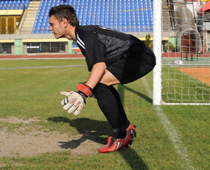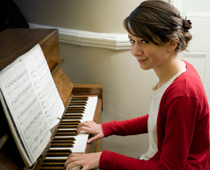
Clauses and Phrases
Dive into a fun KS2 English quiz all about clauses and phrases! Sentences are like word teams made up of 'clauses' and 'phrases'. A clause is a full sentence, like 'He ran.' Subjects (like 'he') and verbs (like 'ran') make it a clause. Even when we add more, like 'Although exhausted, he ran,' it's still a clause. Phrases, on the other hand, don't have a subject and verb. 'Although exhausted' is a phrase.
Knowing about clauses and phrases helps us use commas correctly. Get ready for the challenge and play this English quiz – it's the perfect warm-up for our exciting comma quizzes!
Click to find A Parent's Secret Weapon for Smart KidsThe dog, not altogether unsurprisingly, hates having a bath.
The sun was shining on the pitch, blinding the team.
Coming home, I could smell the delicious scent of spaghetti bolognese, my favourite meal.
Edna, my Nan's best friend, asked me if I like gooseberries.
Tired of practising, she quietly closed the lid of the piano.
Over the fields and through the woods, the deer ran.
Despite being dark and gloomy, the weather made him happy.
Ready for more?
not all...
quizzers. Try to win a coveted spot on our Hall of Fame Page.

















